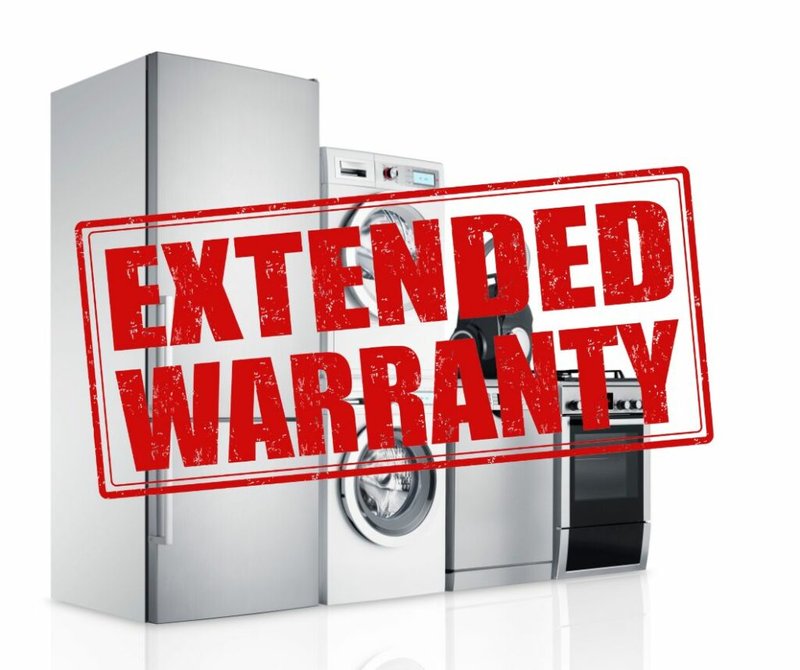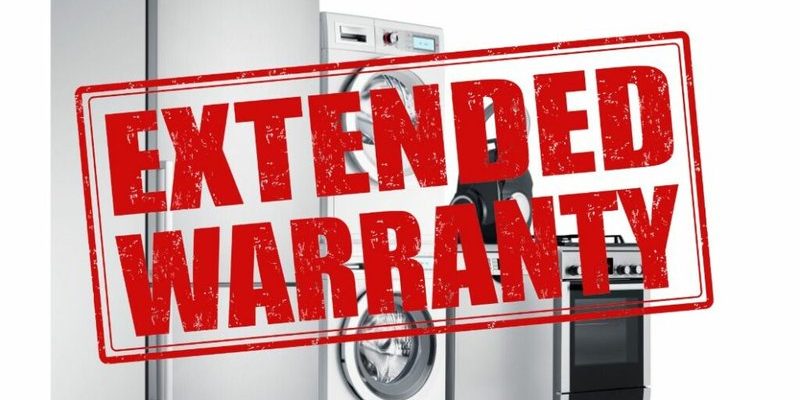
Honestly, deciding whether an extended warranty is worth it can feel like navigating a maze without a map. Maybe you’ve never had a dishwasher break down before, or maybe you’re already picturing water flooding your kitchen. It helps to think about your dishwasher like a teammate in your kitchen—reliable, but not invincible. So, let’s break this down together and figure out if investing in that extra protection plan for your Whirlpool dishwasher makes sense.
What Exactly Is an Extended Warranty for Dishwashers?
An extended warranty is basically a service contract you buy, usually when purchasing a new appliance like a Whirlpool dishwasher. It kicks in after the manufacturer’s standard warranty expires, covering repairs or replacements for certain parts or problems. Think of it as a “safety net” that catches you if your dishwasher suddenly stops working beyond the usual guarantee period.
Unlike the manufacturer warranty—which typically lasts one year and covers manufacturing defects—the extended warranty promises coverage for a longer period, like two, three, or even five years. This means if your Whirlpool dishwasher’s motor burns out, or the electronic control panel glitches after that first year, you won’t have to pay out of pocket. But here’s the catch: not all extended warranties are created equal. Some cover almost everything, while others only cover “major” parts, leaving you with unexpected repair bills.
Common Dishwasher Problems That Extended Warranties Cover
Let’s be real—dishwashers aren’t magic machines. Over time, parts wear down, electronics fail, or sensors mess up. Whirlpool dishwashers, while generally reliable, can still run into issues. Here are some common problems that might pop up beyond your regular warranty:
- Drainage problems: Water might stay stuck inside if the pump or drain hose clogs or fails.
- Motor or pump failure: These parts handle moving water and can wear out, causing strange noises or no cleaning action.
- Control board glitches: The electronic brain that syncs all the dishwasher’s functions may get corrupted and need a reset or replacement.
- Heating element malfunction: If your dishes aren’t drying or the water isn’t getting hot enough, this part could be at fault.
An extended warranty often covers repair costs for these faults. Without it, a single motor replacement for a Whirlpool dishwasher can run into a few hundred dollars. So you can see why some folks opt for extra coverage—to avoid surprise expenses and the headache of hunting for a trusted technician.
How Much Does an Extended Warranty Cost for Whirlpool Dishwashers?
Here’s where the numbers can get confusing. The price of an extended warranty varies based on the model, price, and length of coverage. Typically, you might pay 10% to 20% of your dishwasher’s cost upfront for an extended plan. So, if your Whirlpool dishwasher cost $700, the warranty might add another $70 to $140.
Here’s the thing—sometimes retailers push these warranties at checkout like a must-have add-on. But it’s worth asking:
- What exactly does this extended warranty cover?
- Are there any deductibles or service fees?
- How easy is it to get service if something goes wrong?
- Do I have to use authorized Whirlpool repair technicians?
If the cost of the warranty is close to potential repair expenses—or if your model is known for tricky, expensive fixes—it may be smarter to pay for the warranty. But if the coverage feels limited or the price steep, you might reconsider.
Are Whirlpool Dishwashers Reliable Enough to Skip an Extended Warranty?
Whirlpool is one of those brands that most people trust—kind of like a reliable friend who rarely lets you down. According to consumer reports and user feedback, Whirlpool dishwashers tend to have fewer repair calls than some competitors. Their basic models especially are made to last several years with minimal fuss.
That said, no appliance is perfect. Even the best Whirlpool dishwashers might face occasional issues if you use them heavily or if certain components wear out unevenly. But if you’re handy with troubleshooting, you might find simple fixes yourself—like resetting the control panel, checking the power connection, or cleaning a clogged filter.
So, if you’re comfortable with a bit of DIY or willing to pay occasional repairs, skipping the extended warranty could save you money. On the other hand, if you hate the idea of dealing with repair calls or you want to keep your kitchen running smoothly without interruptions, an extended warranty might buy you peace of mind.
How to Decide If an Extended Warranty Fits Your Needs
Honestly, deciding on an extended warranty comes down to understanding your own situation—how much risk you’re willing to take, and what kind of “safety net” you want. Here’s a simple way to think about it:
- Consider your usage: Do you run your dishwasher daily, or just occasionally? Heavy use means parts wear faster.
- Think about your budget: Can you handle sudden repair costs if something breaks down? Or would a fixed warranty payment feel safer?
- Check the warranty details: What exactly is covered? Does it include parts and labor? Are there any tricky exclusions?
- Look at customer reviews: Do other Whirlpool dishwasher owners report common issues with your model? That might hint at future risks.
Another tip—sometimes you can buy extended warranties separately from third-party providers, not just retailers. These might offer better terms or lower prices, but be sure to read the fine print.
Alternatives to Extended Warranties: Maintenance and Troubleshooting
Here’s a thought—sometimes investing in regular maintenance or learning a bit about troubleshooting can make an extended warranty seem less necessary. For Whirlpool dishwashers, small steps like cleaning the filter regularly, checking the spray arms for clogs, and running vinegar cycles can keep things running smoothly.
If you encounter issues like the dishwasher not starting or lights blinking, a quick reset (usually by unplugging the appliance for a minute) can fix common control board errors. Syncing or pairing issues with smart dishwasher models might also be resolved at home with a user manual’s help.
Plus, many Whirlpool parts are relatively easy to replace yourself if you’re the DIY type—like swapping out a faulty battery in a remote control panel or resetting a stuck code. With these small efforts, your dishwasher might outlast the standard warranty period without costly repairs.
Wrapping It Up: Is an Extended Warranty Worth It For Your Whirlpool Dishwasher?
Here’s the thing: there’s no one-size-fits-all answer. If you want worry-free use and dislike surprises, an extended warranty can be a helpful backup—especially for more complex or high-end Whirlpool models. But if you’re confident in routine maintenance, comfortable troubleshooting simple glitches, or willing to take the chance on occasional repairs, you might save money skipping it.
Think of the extended warranty like a seatbelt—maybe you hope you never need it, but it’s reassuring to have. At the end of the day, understanding your dishwasher’s reliability, your budget, and your tolerance for hassle helps you make the choice that fits you best.
So next time you’re standing in front of that shiny Whirlpool dishwasher in the store, take a moment to weigh the pros and cons of that extended warranty—after all, peace of mind is worth something, but so is smart spending.
